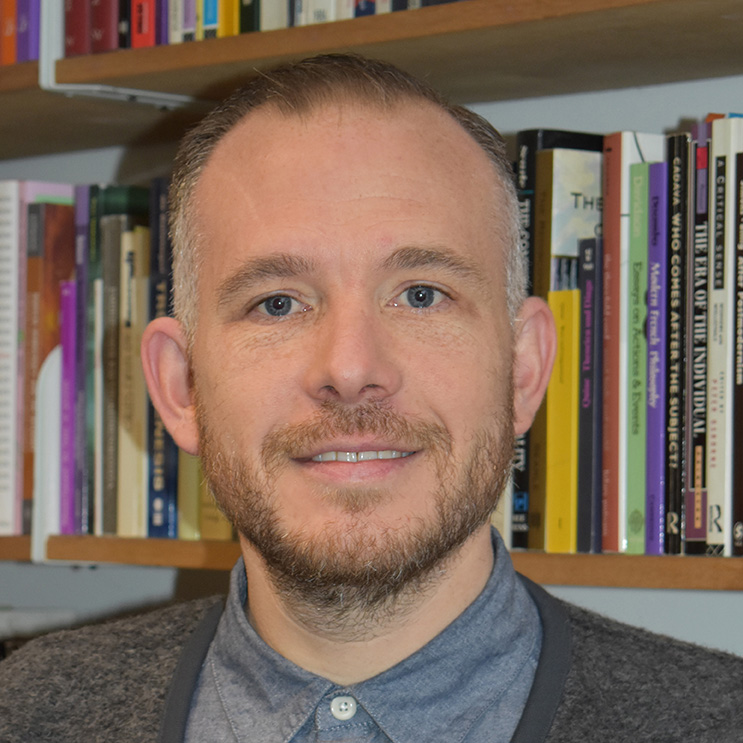James Pattison is a Leverhulme Early Career Fellow in the School of Social and Political Sciences, University of Lincoln, where he previously worked as a lecturer in sociology. Prior to this, he was an ESRC Postdoctoral Fellow at the University of Manchester. He has also worked as a Teaching Associate in Sociology at the University of Nottingham, where he completed his PhD.
He is an urban ethnographer focusing on smaller peripheral towns. His research interests lie broadly in race, class, migration and their relationships with one another; urban processes, particularly deindustrialisation, territorial stigma, decline, and regeneration; and the sociology of work and employment. His research has been funded by the Economic and Social Research Council and the Leverhulme Trust, and has been published in journals including The British Journal of Sociology, EPA: Economy and Space, and Antipode.
In 2023 he began a three-year Leverhulme Early Career Fellowship titled: Legacies of Empire: Race, Class and Migration at the English Seaside. This an ethnographic study of a Lincolnshire seaside town, which aims to advance academic debates on class, race, migration, and place within neglected semi-urban contexts. The project will explore contemporary political subjectivities in the context of long-term shifts in the symbolic, social and material status for English seaside towns and their place in the popular imagination’s national and imperial identity.
Project statement:
“Left behind? Precarity, stigma and migration in a post-industrial colliery town”
Britain’s post-industrial towns have been at the centre of popular and political debate during the last decade. This was particularly acute in the context of ‘Brexit’ and the political realignment of longstanding Labour-voting seats to the Conservatives in the 2019 election. Frequently such towns are described as ‘left behind’, but this characterisation implicitly refers to a narrowly defined working-class that is white and British, obscuring the extent to which structural inequalities associated with being ‘left behind’ are also faced by migrants and ethnic minorities. Focussing on the so-called ‘left behind’ reproduces an understanding that this group is the primary casualty of neoliberal restructuring, and effectively whitens the working-class. My PhD research employed a multimethod ethnographic approach to investigate class, race and migration in Shirebrook, Derbyshire, UK – a small and relatively isolated former colliery town. As part of the regeneration work intended to offset the impact of the colliery’s closure, the distribution warehouse of a large sportswear retailer relocated to Shirebrook and was at the centre of well-publicised controversies regarding poor working conditions for the predominantly Eastern European migrant labour force. Central and local government were complicit in constructing immigration as the foremost cause of social problems in Shirebrook, whilst disregarding broader structural issues such as precarious work and austerity. Similarly, local government interpreted issues in Shirebrook as local problems rather than manifestations of broader structural inequalities, and so proposed insufficient solutions such as the strengthening of social ties and the promotion of civic participation. From October 2020 I begin a postdoctoral fellowship focussing primarily on publishing these findings and developing a new research project on post-Brexit Shirebrook. The project will investigate the impact of a changing immigration regime effectively cutting off the supply of migrant relied upon by the town’s major employer and likely exacerbating problems rather than resolving them.





